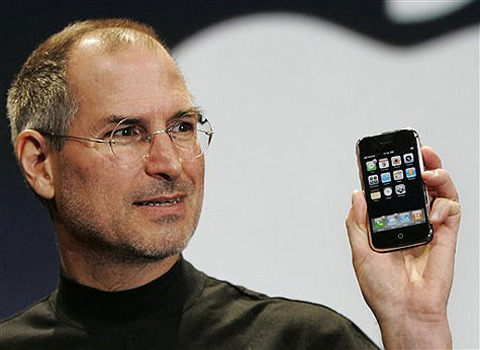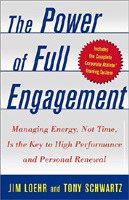I can write about no other subject. I tried. I tried to wait for more information. I tried to wait for more understanding. I even tried to wait for the decision to come from the board of Penn State University who are meeting as I write. I suspect everyone reading this knows the details of this horrible turn of events.
Joe Paterno, the head football coach of the Penn State Nittanny Lions for 46 years, is now linked to a horrible scandal involving his former defensive coordinator, Jerry Sandusky. Almost a decade ago, a graduate assistant in the football program witnessed Mr. Sandusky sexually abusing a young boy and reported it to Coach Paterno. He referred the allegation to the athletic director and university vice president, but neither took action.
While the obvious tragedy being choreographed in the press is that of the famous coach, the greater tragedy clearly relates to 8 boys who were allegedly abused by Paterno’s assistant over a 15-year period. Amid a 23-page Grand Jury report that is not for the squeamish, a path of childhood destruction is detailed. Two details struck me.
First, there was a “very credible” witness to one of the actual abuses and second, there is testimony that children not only stayed at the perpetrator’s home, but even went to church with him. My mind sadly sank to a verse I often read when dedicating a child: Jesus said, “Let the children alone, and do not hinder them from coming to Me; for the kingdom of heaven belongs to such as these.”
I, then, thought of another football story. A story of childhood frolic and cartoon characters eerily birthed almost exactly 59 years ago. You know it well. Lucy holds a football for Charlie Brown in a Peanuts comic and just when he raises his foot to kick it, she pulls it away and he screams, “Don’t ever do that again!”
A theme in the Charlie Brown saga throughout the years has consistently been trust and security. This is not surprising given the cartoon’s target audience. One such story has Charlie and Peppermint Patty leaning against a tree on a beautiful spring day and the conversation goes like this.
Peppermint Patty says: “Chuck, what do you think security is?”
Charlie Brown says: “Security? Security is sleeping in the back seat of the car when you’re a little kid and you’ve been somewhere with your mom and dad… and it’s night time. You’re riding in the car and you can sleep in the back seat and you don’t have to worry about anything. Your mom and dad are in the front seat and they’re doing all the worrying. They take care of everything.”
Peppermint Patty smiles and says, “that’s real neat!”
But then Charlie Brown begins to get this serious look on his face and he raises his index finger and says: “But, it doesn’t last. It doesn’t last. Suddenly, you’re grown up and it can never be that way again. Suddenly, it’s over and you don’t get to sleep in the back seat of the car anymore. Never!”
Peppermint Patty gets a sad and frightened look on her face and she says “Never?”
Charlie Brown nods and says, “Never!”
Then stricken with the tough realities and the difficulties of life, Peppermint Patty says: “Hold my hand, Chuck! Hold my hand!”
My heart is heavy today for children whose lifted hand is taken by an abuser. My head is heavy today for adults who use position and authority and promises to forever steal the innocence of childhood. And just now (as I switched the television back on), my spirit is lifted to know even though a highly revered football coach chose not to do the right thing and resign, the board of his university chose to do the right thing and fire him.
Jim Denison is right when he says, “Our legacy is forged by what we do in private, not just in public.”





